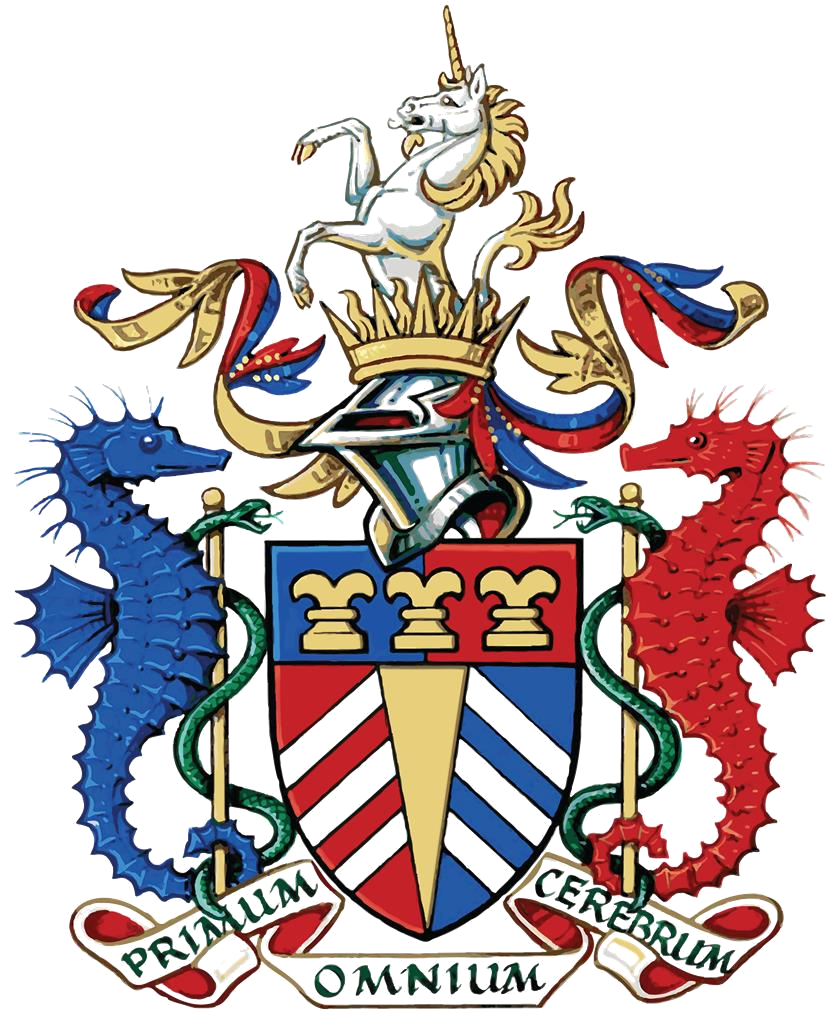CSF1R leukodystrophy natural history Study
Investigators
Chief Investigator
Dr David Lynch, National Hospital for Neurology & Neurosurgery, Queen Square, London
david.lynch2@nhs.net
Background
Adult onset leukoencephalopathy with axonal spheroids and pigmented glia (ALSP) is a relentlessly progressive neurodegenerative disease with onset in adulthood, caused by mutations in the microglial surface receptor CSF1R. Frequent symptoms include cognitive decline, movement disorders, ataxia and spasticity. Life expectancy on average is 6 years from symptom onset.
There is a lack of disease modifying treatments for ALSP, but there are potential treatments coming forward to clinical trials.
This study intends to determine the most sensitive measures of disease progression in ALSP, both in terms of imaging, by blood and CSF biomarkers, and by clinical and neuropsychological assessment. This data will then be used as an artificial control arm in a planned Phase 2 study of a potential treatment for ALSP.
Case definition
Patients with leukoencephalopathy, in whom a diagnosis of CSF1R related ALSP has been confirmed genetically
Research questions
ALSP is a relentlessly progressive neurodegenerative disease with onset in adulthood, at any age. It is caused by mutations in the microglial surface receptor CSF1R. Frequent symptoms include cognitive decline, movement disorders, ataxia and spasticity and mean life expectancy is 6 years from symptom onset. There is no disease modifying treatment or prospectively acquired natural history data. This study intends to determine the most sensitive measures of disease progression, both in terms of imaging, by blood and CSF biomarkers, and by clinical and neuropsychological assessment. This data will be used as a run in and artifical control arm in a Phase 2 study of a novel compound intended to slow the rate of deterioration of affected patients. No similar study is being conducted anywhere worldwide, to our knowledge.
Study methods
Patients will initially be screened, before undergoing baseline assessment of
- MRI imaging - T1, T2, FLAIR, and diffusion-weighted sequences
- Blood for neurofilament and soluble CSF1R biomarker assessment
- Clinical outcome assessments - Neuropsychological (MoCA, CDR®+NACC-FTD, Functional Assessment Questionnaire, Neuropsychiatric Inventory -12, Cortical Basal Ganglia Functional Scale) Motor assessment (2 minute walk test, timed up and go, gait and balance assessment using Biosensics Wearable Sensor)
- Optional CSF substudy - Cerebrospinal fluid samples for NfL, cytokine panel, soluble TREM2, and CSF1R analysis will be obtained from subjects who provide informed consent
Patients will be reassessed at 6 month intervals for 24 months with the measures listed above (except for CSF study, which will be performed at baseline, 12 months and 24 months).
Reporting instructions
If you have seen a patient who meets the case definition below, please report them to the trial coordinating centre via the RaDAR form below.

